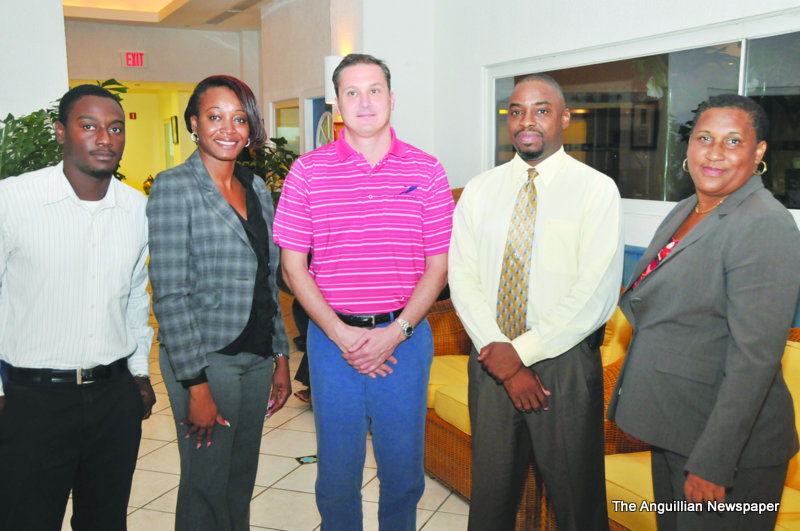What are learning disabilities? (LDs)
A learning disability is a general term that describes specific kinds of learning problems which can cause a person to have trouble learning and using certain skills. The skills most often affected are reading, writing, listening, speaking, reasoning, and doing math.
However, LD vary from person to person. One person with LD’s may not have the same kind of learning problems as another person with LDs. One person may have trouble with reading and writing. Another may have problems with understanding math. Still another person may have trouble in each of these areas, as well as with understanding what people are saying.
It is important to note, that children with LDs should not be viewed as “dumb” or “lazy.” In fact, they usually have average or above average intelligence. Their brains just process information differently. Some children with LDs have proven to be more intelligent than their counterparts.
What causes learning disabilities?
The exact cause of (LDs) has not yet been proven, although three factors are considered to have significant effects:
1. Genetic Influences – the possibility that learning disorders are passed down from one generation to the next.
2. Brain Development – before and after the birth of a child, there are many factors that can affect brain development – positively or negatively.
3. Environmental Impacts – poor nutrition and an unhealthy air or water environment may cause LDs in children
What are the signs of a learning disability?
There is no one sign that shows a person has a learning disability. However, if a child appears to have a number of problems, then parents and the teacher should consider the possibility that the child has a learning disability.
Readingproblems are the most common characteristic of students with LDs. It is estimated that at least 80% of all students identified as learning disabled are referred for special education services because of reading problems.
Some of the reading problems students with learning disabilitiesmay have include:
• trouble learning the alphabet, rhyming words, or connecting letters to their sounds
• making many mistakes when reading aloud, repeating and pausing often
• not understanding what he or she reads
• trouble with spelling
• trouble remembering the sounds that letters make or hearing slight differences between words
• a limited vocabulary because they learn language late
• mispronunciation of words or using a wrong word that sounds similar
Additionally, students may have written and oral language deficits. These may include:
• difficulty expressing ideas in writing
• trouble organizing what he or she wants to say or not being able to think of the word he or she needs for writing or conversation
• the inability to retell a story in order (what happened first, second, third)
Students with LDs may also exhibit problems in numerical reasoning and calculation, social skills, attention and behaviour.
Some tips for parents of children with learning disabilities.
• Praise your child when he or she does well.
• Find out the ways your child learns best.
• Make homework a priority.
• Pay attention to your child’s mental health (and your own!).
• Talk to other parents whose children have LDs.
• Meet with school personnel and help develop an educational plan to address your child’s needs.
• Establish a positive working relationship with your child’s teacher.
Some tips for teachers of children with learning disabilities.
• Use concrete methods in teaching
• move gradually from concrete examples to abstract generalizations
• break tasks into smaller steps, and give directions verbally and in writing
• build on the child’s abilities and strengths
• reading instruction should be phonetic multi-sensory
• pre-teach difficult vocabulary and concepts
• allow the student with reading problems to use textbooks-on-tape
• adapt curriculum and materials to match learning style
• give the student more time to finish schoolwork or take tests
• let the student with writing difficulties use a computer with specialized software that spell checks, grammar checks, or recognizes speech
• constantly recognize students achievements – reward and encourage often
The most common treatment for LDs is special education. Specially trained educators may perform a diagnostic educational evaluation assessing the child’s academic and intellectual potential and level of academic performance. Other professionals such as speech and language therapists also may be involved.
The important thing to remember is that most kids with learning disabilities are just as smart as everyone else. They just need to be taught in ways that are tailored to their unique learning styles. By learning more about learning disabilities in general, and your child’s learning difficulties in particular, you can help pave the way for success at school and beyond.








